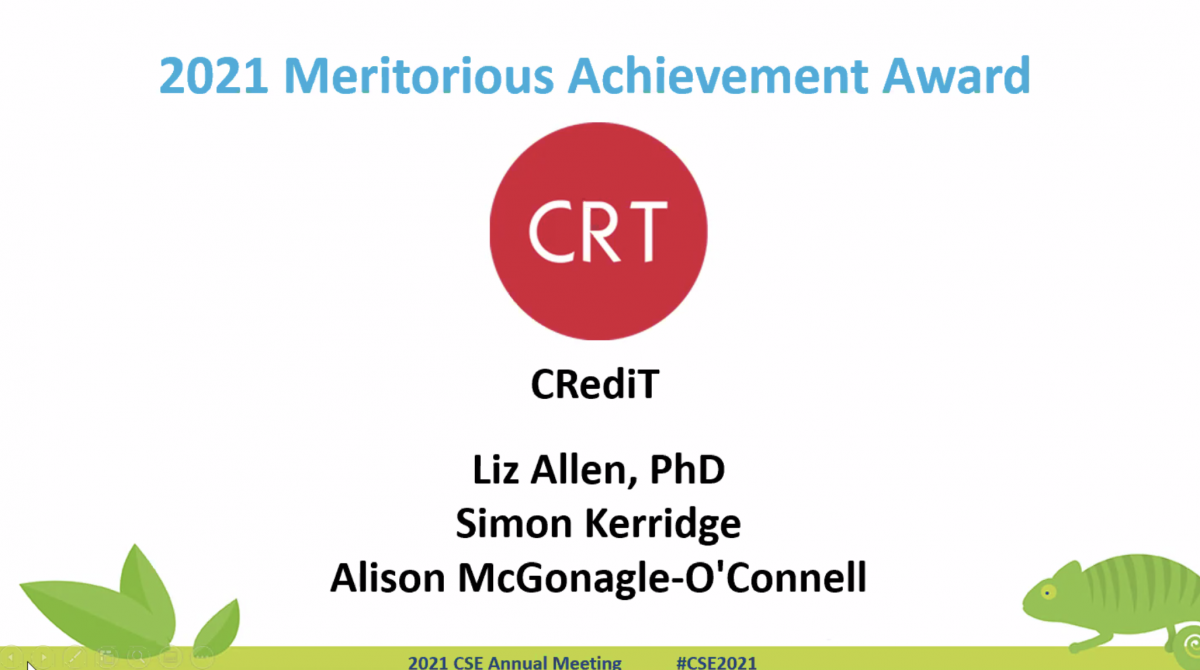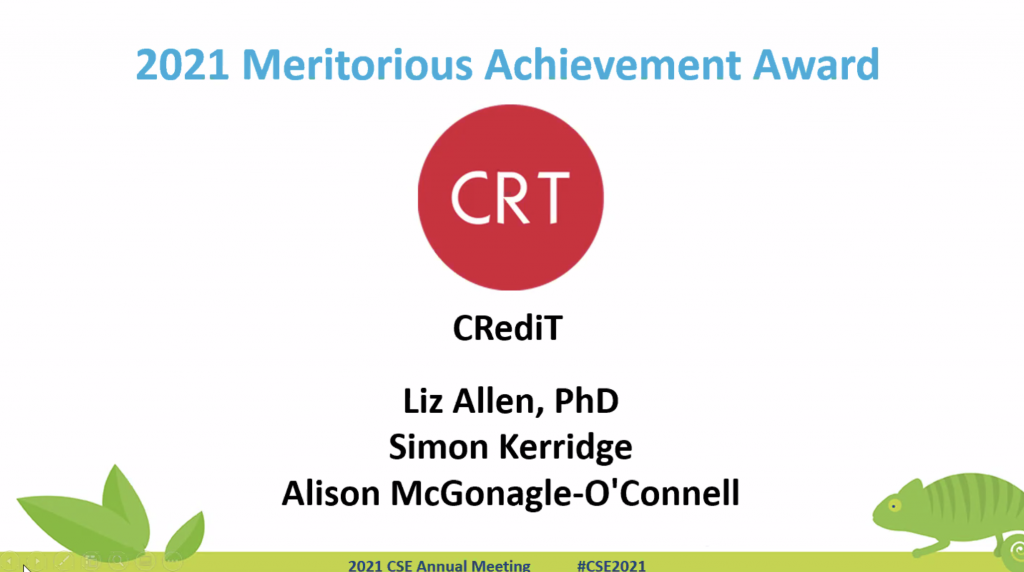American Association for Cancer Research (AACR) adopted CRediT across nine journals, replacing a custom contributor roles taxonomy previously in use.
AACR’s implementation is unique, in that they require the corresponding author to indicate each author’s contributions at first revision and each revision thereafter, and the system communicates these selections to each co-author in an individualized email alerting them to the completed submission. Each co-author is encouraged to contact the corresponding author regarding any requested changes to their declared contribution. This is possible through support from their submission and peer review system, eJournalPress.
“Before implementing CRediT, we solicited contributions from each co-author using electronic forms,” commented Daniel Evanko, Director of Journal Operations and Systems at AACR, “and we found that corresponding authors were sometimes surprised when they saw the article proof and the contributions claimed by a co-author. This could cause delays as we worked with authors to sort out contributions. The new workflow streamlines the process and increases transparency for all contributors, and accuracy for the scholarly record. While the implementation was very recent, we are generally very pleased with the adoption and implementation.”
“One of the most exciting things about the CRediT community is observing the diversity of approaches to implementation and integration, including workflow,” commented Alison McGonagle-O’Connell, NISO CRediT Working Group co-chair. “I’m looking forward to a future case study or author survey assessing preferences from this group who may have been exposed to both role solicitation workflows. I’m also thrilled AACR has joined the growing community of adopters!”
The integration is live for Blood Cancer Discovery, Cancer Discovery, Epidemiology, Biomarkers & Prevention, Cancer Immunology Research, Cancer Prevention Research, Cancer Research, Clinical Cancer Research, Molecular Cancer Research, and Molecular Cancer Therapeutics.

